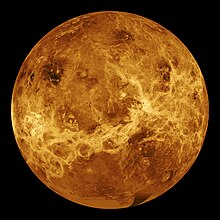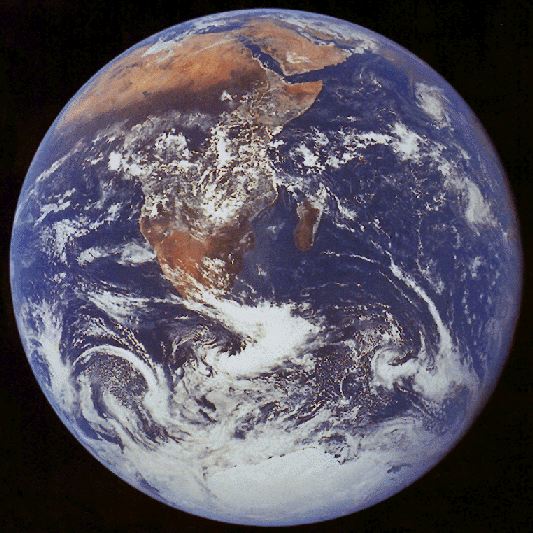So the climate might level off... in the long run.
In the meantime, the greenhouse gas effect will run havok through our climate as ocean currents get disrupted, polar caps are melted (rising sea levels) and other fun stuff. As I believe another poster has mentioned, this will have the effect of displacing people in the near future. Which is what is relevant to the problem of climate change.
In the meantime, the greenhouse gas effect will run havok through our climate as ocean currents get disrupted, polar caps are melted (rising sea levels) and other fun stuff. As I believe another poster has mentioned, this will have the effect of displacing people in the near future. Which is what is relevant to the problem of climate change.




